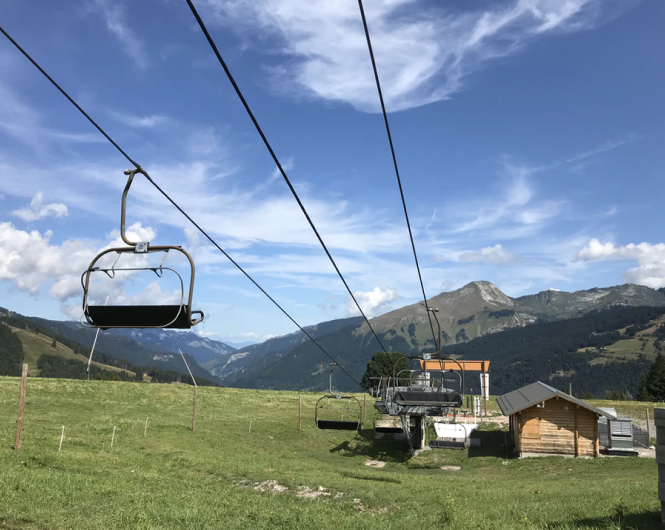Why does it matter?
We leak 8 million tonnes of plastic per year into the oceans. That is one garbage truck per minute. Focusing only on cleaning up is therefore insufficient: we need to be more ambitious to prevent this pollution from reaching the natural environment in the first place.

This project aims to rethink our relationship to waste and its creation in order to limit the staggering leakage of plastics and other wastes into the oceans, to empower every stakeholder along the value chain of our products. We want to achieve this by creating connections and holding generative dialogues between stakeholders in the ecosystem.
The waste generation ecosystem does not stop at the collection, sorting and treatment of waste. It begins much earlier when the product is imagined in the mind of the innovator and then produced, marketed, distributed, purchased, consumed and disposed of. In order to solve the problem of waste and close the loops, we need to connect the entire ecosystem so that it understands and helps itself.


